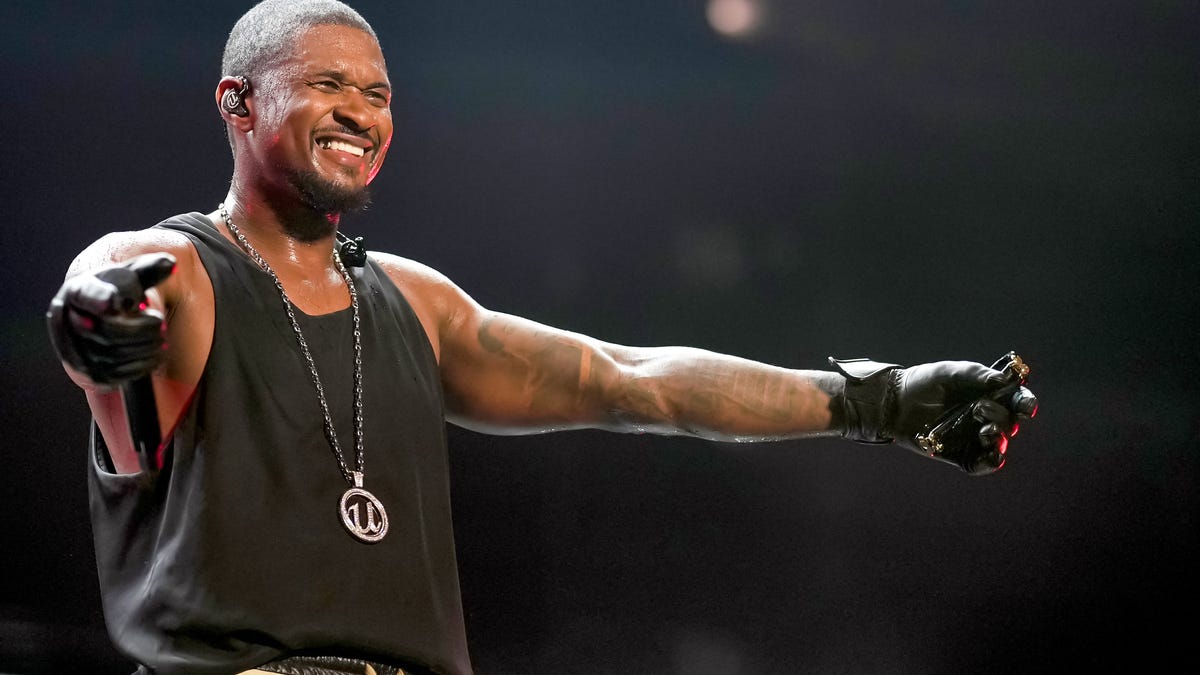Latest News
Why Hip Hop is a Great Hobby for College Learners #hiphop
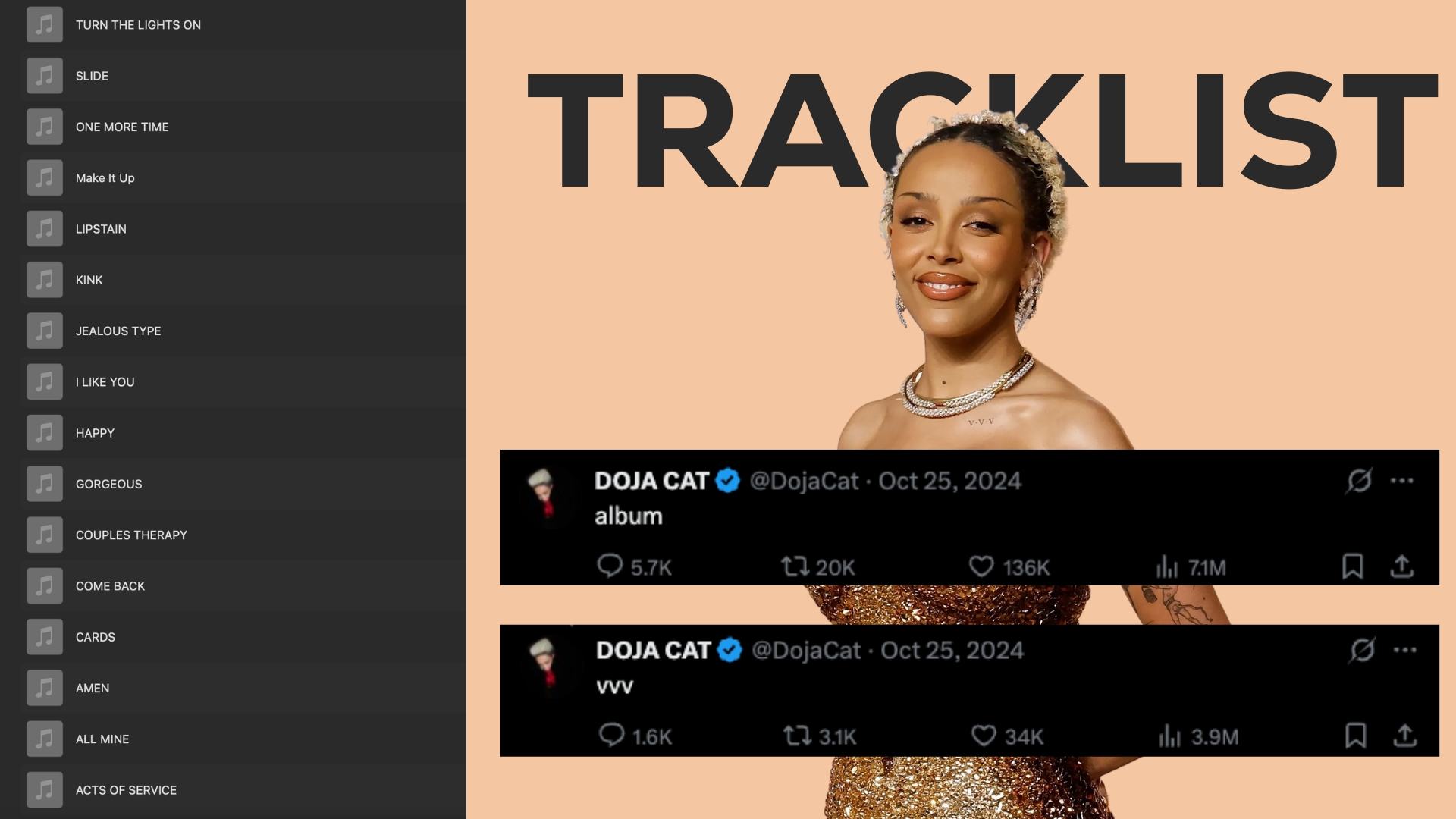 Doja Cat Teases Tracklist For Upcoming Album #DojaCat
Doja Cat Teases Tracklist For Upcoming Album #DojaCat Rap’s New Renaissance: Why Older Hip-Hop Artists Are Thriving #hiphop
Rap’s New Renaissance: Why Older Hip-Hop Artists Are Thriving #hiphop Post Malone Closes Coachella With Headlining Set Blending Hip-Hop and Country #hiphop
Post Malone Closes Coachella With Headlining Set Blending Hip-Hop and Country #hiphop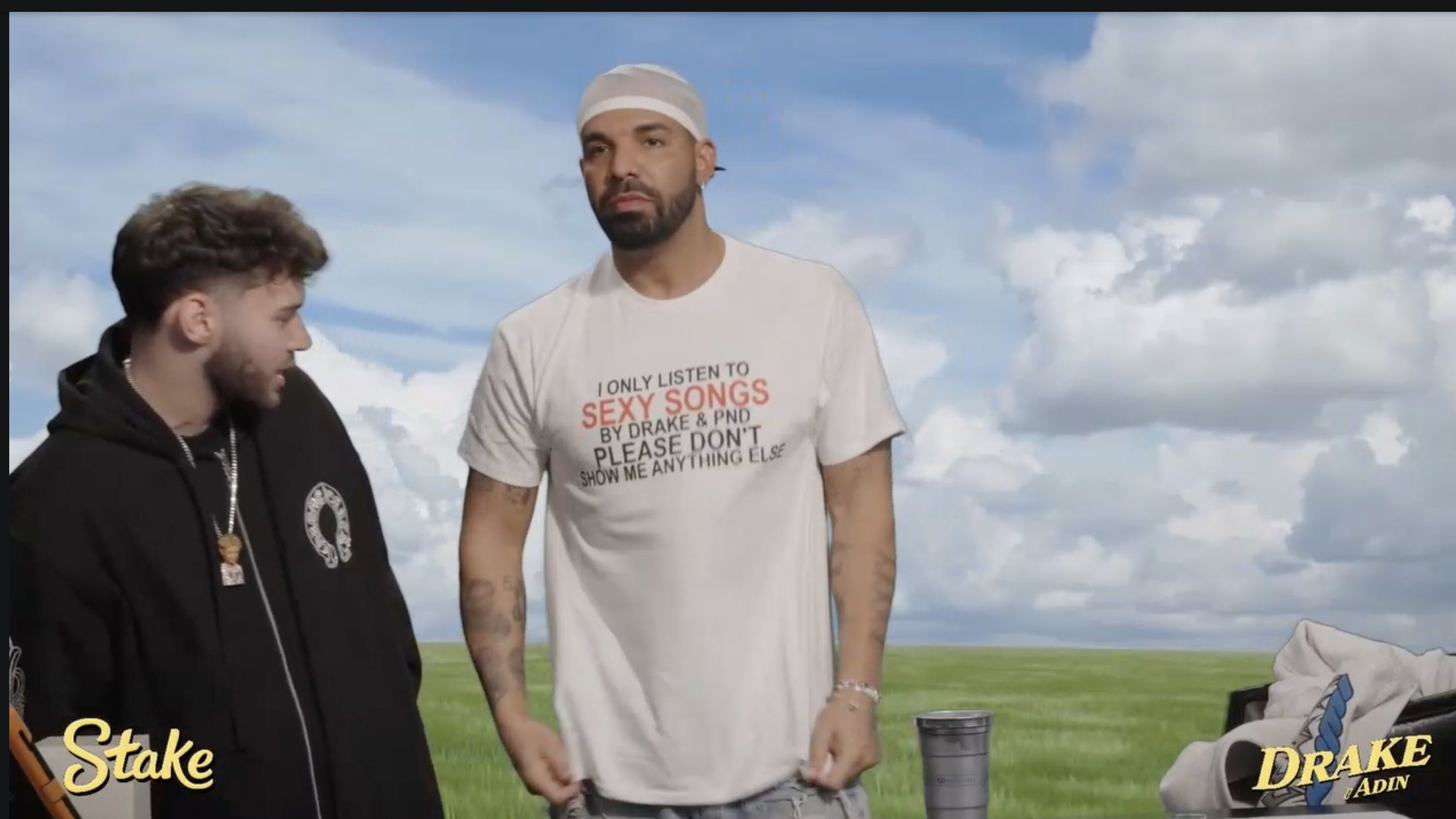 Drake Confirms During Adin Ross Stream He’s Working On A New Solo Album #Drake
Drake Confirms During Adin Ross Stream He’s Working On A New Solo Album #DrakeHow to Watch Drake and Adin Ross' 'Stake vs. Drake and Ad... #Drake
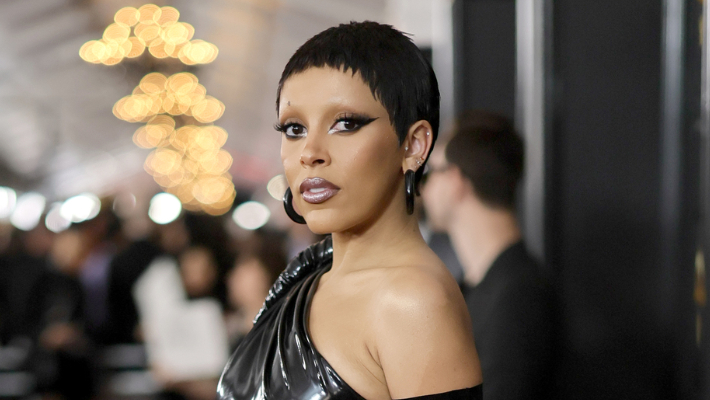 Doja Cat Shares The Working Tracklist For Her Album 'Vie' #DojaCat
Doja Cat Shares The Working Tracklist For Her Album 'Vie' #DojaCat Missy Elliott Misdemeanors Coachella Set In Jaw-Dropping Fashion #MissyElliott
Missy Elliott Misdemeanors Coachella Set In Jaw-Dropping Fashion #MissyElliott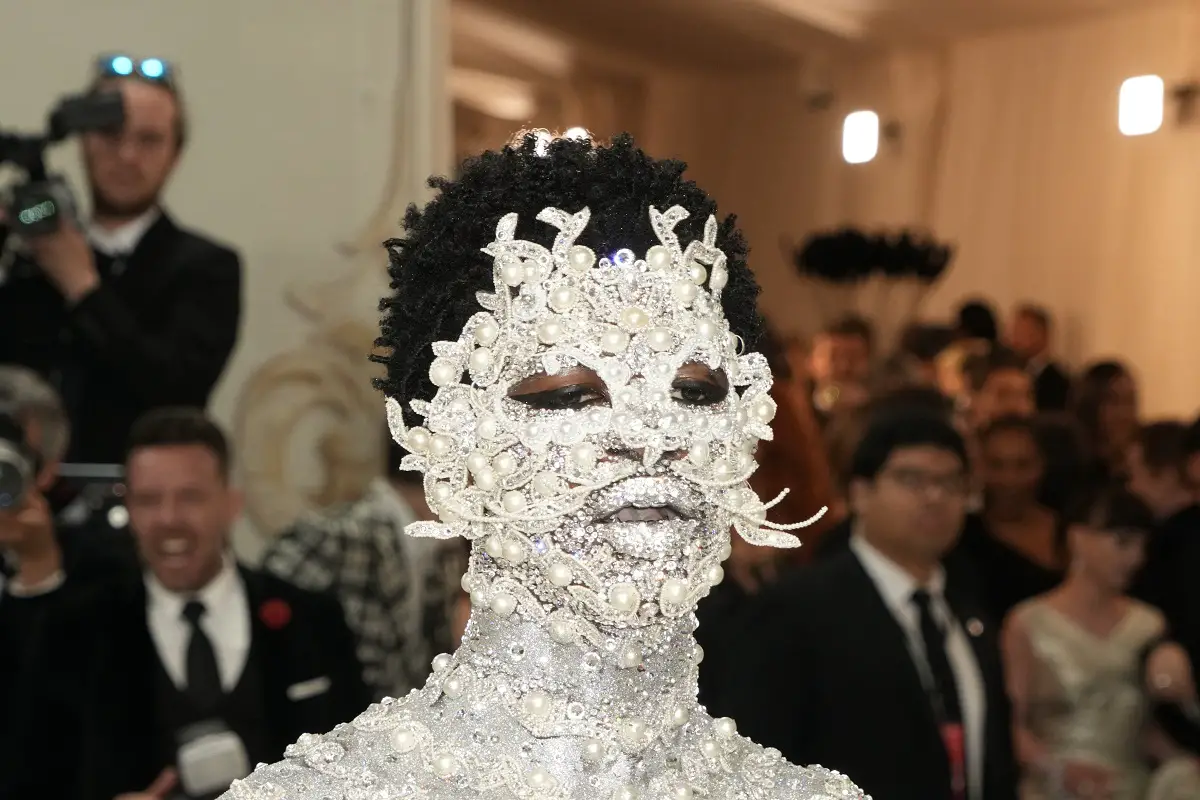 Lil Nas X Explains How Fame Brought Spiritual Clarity #LilNasX
Lil Nas X Explains How Fame Brought Spiritual Clarity #LilNasXMissy Elliott Makes ‘Transformers’-Style Entrance at Coac... #MissyElliott
The Fall Of The House Of Usher review: The guy who does horror with heart takes on the heartless #Usher
theavclub October 10, 2023
Usher 31
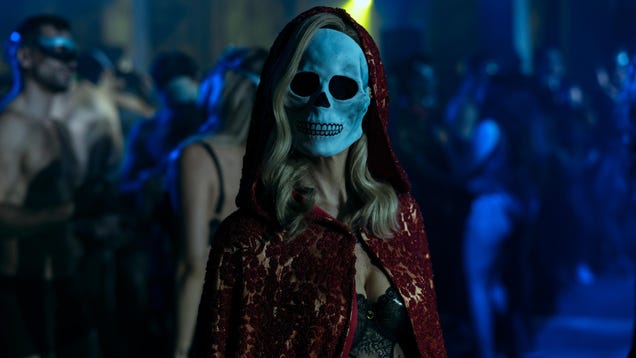
Horror is inherently psychological. That ghost, monster, or indestructible serial killer? A stand-in for some mental or emotional problem. Through tension and release, scary stories serve a kind of therapeutic function. Too often, though, the humans in horror seem shallow (with some notable exceptions). Maybe there’s…Read more...
Horror is inherently psychological. That ghost, monster, or indestructible serial killer? A stand-in for some mental or emotional problem. Through tension and release, scary stories serve a kind of therapeutic function. Too often, though, the humans in horror seem shallow (with some ). Maybe there’s a limit to how much inner life the genre can bear before story machinery must—jump scare!—take over. That’s why writer-director Mike Flanagan is so refreshing: He honors the supernatural imperatives of ghost stories or vampire tales, but ensures they happen to people we care about, heroes capable of getting sober or overcoming generational trauma. In his latest—and — series, (out ), Flanagan torments six horrible children of wealth and privilege, testing our capacity to empathize with them. Here, the guy who does horror with heart takes on the heartless. From the title down, Edgar Allan Poe is the touchstone for this eight-episode gothic family thriller, just as Shirley Jackson and Henry James were jumping-off points for and . Flanagan fans (Fanagans?) are familiar with his formula: modern riffs on classic weird lit strewn with Easter eggs from the particular author’s oeuvre. Character names (Annabel Lee, Dupin, Prospero, etc.) are lifted from Poe’s tales or poems; episodes titled “Murder I n T he Rue Morgue,” “The Black Cat,” and so forth tip us off as to who dies by the end of the installment. The Fall Of The House Of Usher The Fall Of The House Of Usher Fear no spoilers. The very first scene of “A Midnight Dreary” is a funeral for the last three children of CEO and patriarch Roderick Usher (Bruce Greenwood), who broods in the pew as a priest intones lines from the Baltimore bard’s elegiac “Spirits Of The Dead.” Leaving the church for his limo, Roderick, who suffers from vascular dementia, collapses on the sidewalk and sees a raven perched ominously on top of a gate. Stick a pin in that black birdie, the fatal thread that links Roderick’s rise as head of Fortunato Pharmaceuticals alongside his driven, brilliant sister, Madeline (Mary McDonnell), and the violent destruction of his clan. The series unfolds as a string of morality tales in which the sins of the father are visited upon the equally corrupt heads of the offspring. Given the ultra-rich family and Big Pharma context, one assumes that Flanagan was taking notes on and . Fortunato is the manufacturer of Ligadone, a fictional painkiller that has caused an opioid epidemic, prompting a lawsuit leveled by D.A. Auguste Dupin (Carl Lumbly). When Dupin announces in court that the prosecution has an informant inside the Usher circle, waves of recrimination and paranoia sweep the backstabbing siblings. Cue family lawyer Arthur Pym (Mark Hamill), a scowling, rasping fixer who hands out ironclad NDAs around the family dinner table. Framing the season is Roderick’s post-funeral dialogue with Dupin, who has been summoned by the six-time bereaved pop to the Ushers’ crumbling family home one night. Sitting across from his legal adversary bathed in candlelight, sipping on million-dollar cognac, Roderick agrees to plead guilty to state charges in exchange for someone hearing his confession. Given the original Poe tale, and the fact that we hear Madeline is banging around in the basement, this isn’t going to end happily. Roderick’s dementia means his narration is frequently interrupted by sudden (and effectively spooky) hallucinations of his deceased progeny—melted by toxic waste, stabbed through the heart, or mauled by chimpanzees. Once you get the death-per-episode, anthology-like setup, there’s not a lot of mystery to , as Flanagan and his writers knock each character off and fill in backstory through flashbacks. It’s generally enjoyable seeing the puzzle pieces come together, especially with Carla Gugino woven throughout as Verna, a demon ex machina who pops up in everyone’s storyline (crucially in Roderick and Madeline’s early years), tempting them to the precipice of their own vice, madness, or egomania. The always magnetic Gugino gets to flaunt her range: One minute she’s a masked temptress at an orgy, then a bored security guard; and next she’s a Southern lady with a failing heart in need of cutting-edge medical tech. Who is this sinister, ubiquitous spirit? Death? Karma? As usual, Flanagan works with the same actors in project after project, giving his work the unity and warm familiarity of a repertory theater troupe. Kat e Si e gel (also his wife) turns in another ice-cold, cutting portrayal as one of Usher’s “bastard” offspring, Camille, a cynical PR flack who sleeps with her two assistants. The two other illegitimate spawn are dissipated playboys: drug-addled gamer Leo (Rahul Kohli) and sadistic party boy Prospero (Sauriyan Sapkota). The older kids are represented by Victorine (T’Nia Miller), a desperately ambitious medical researcher who wants to pioneer a “smart heart mesh.” Tamerlaine (Samantha Sloyan) runs a Goop lifestyle knockoff and suffers from chronic Read more





